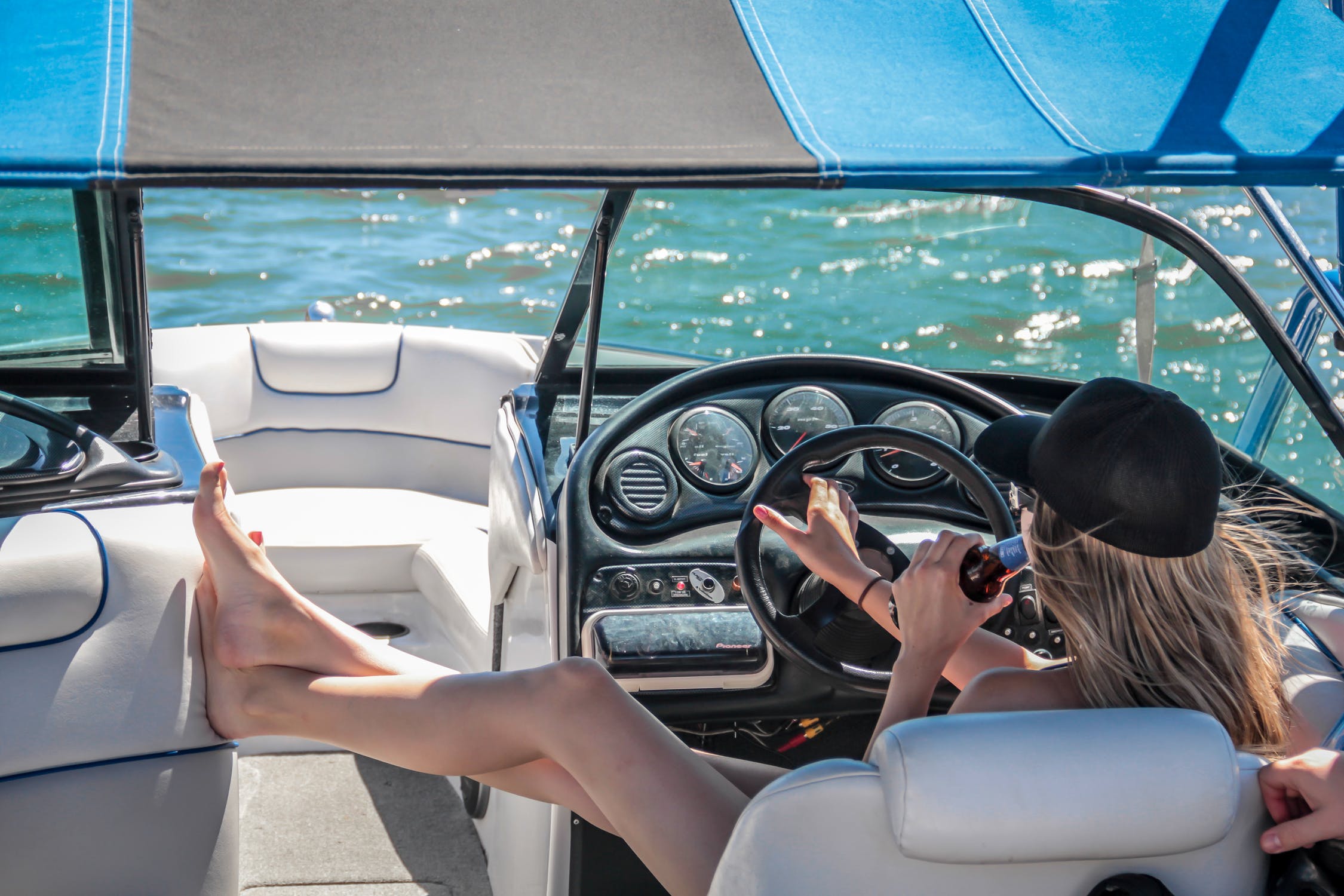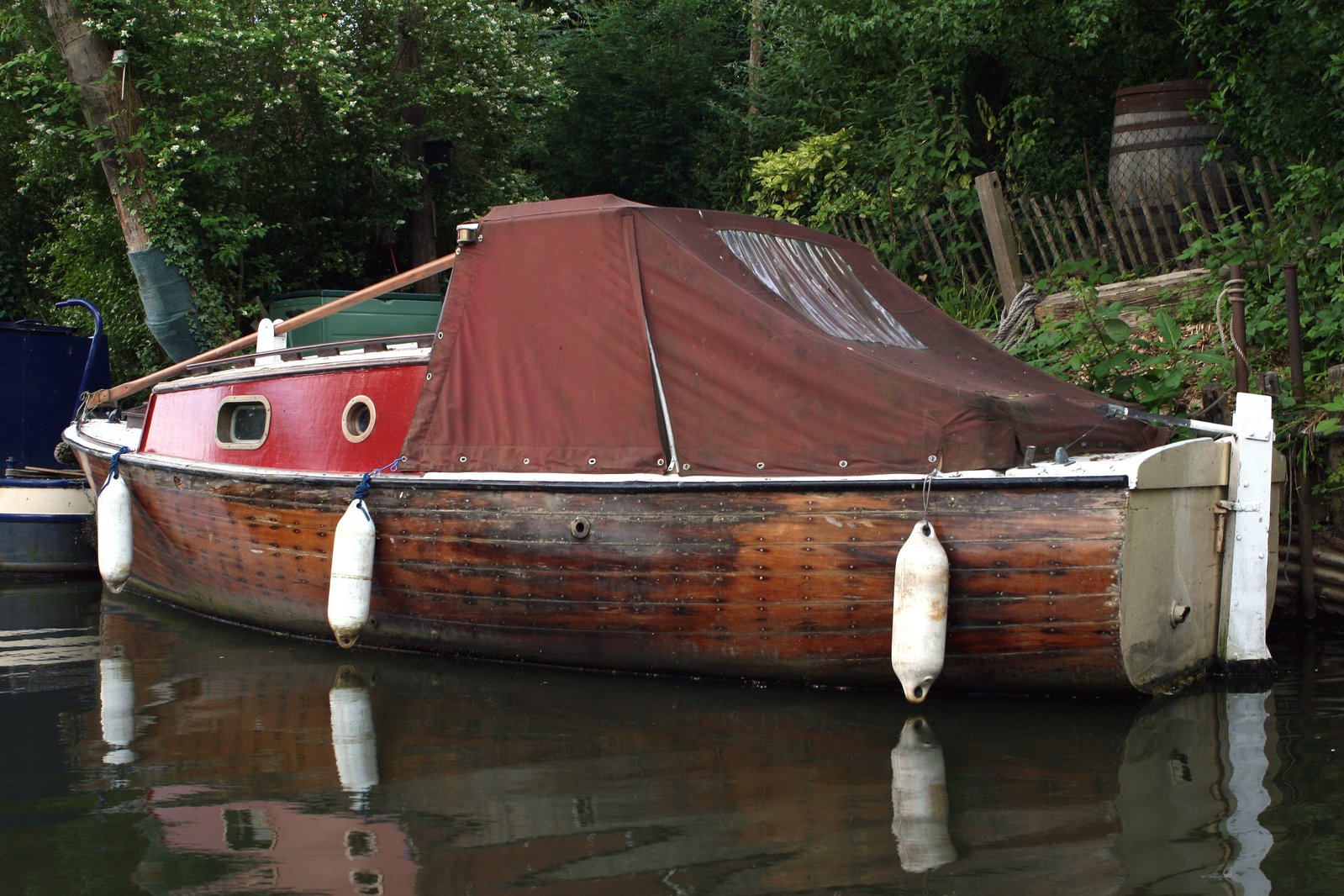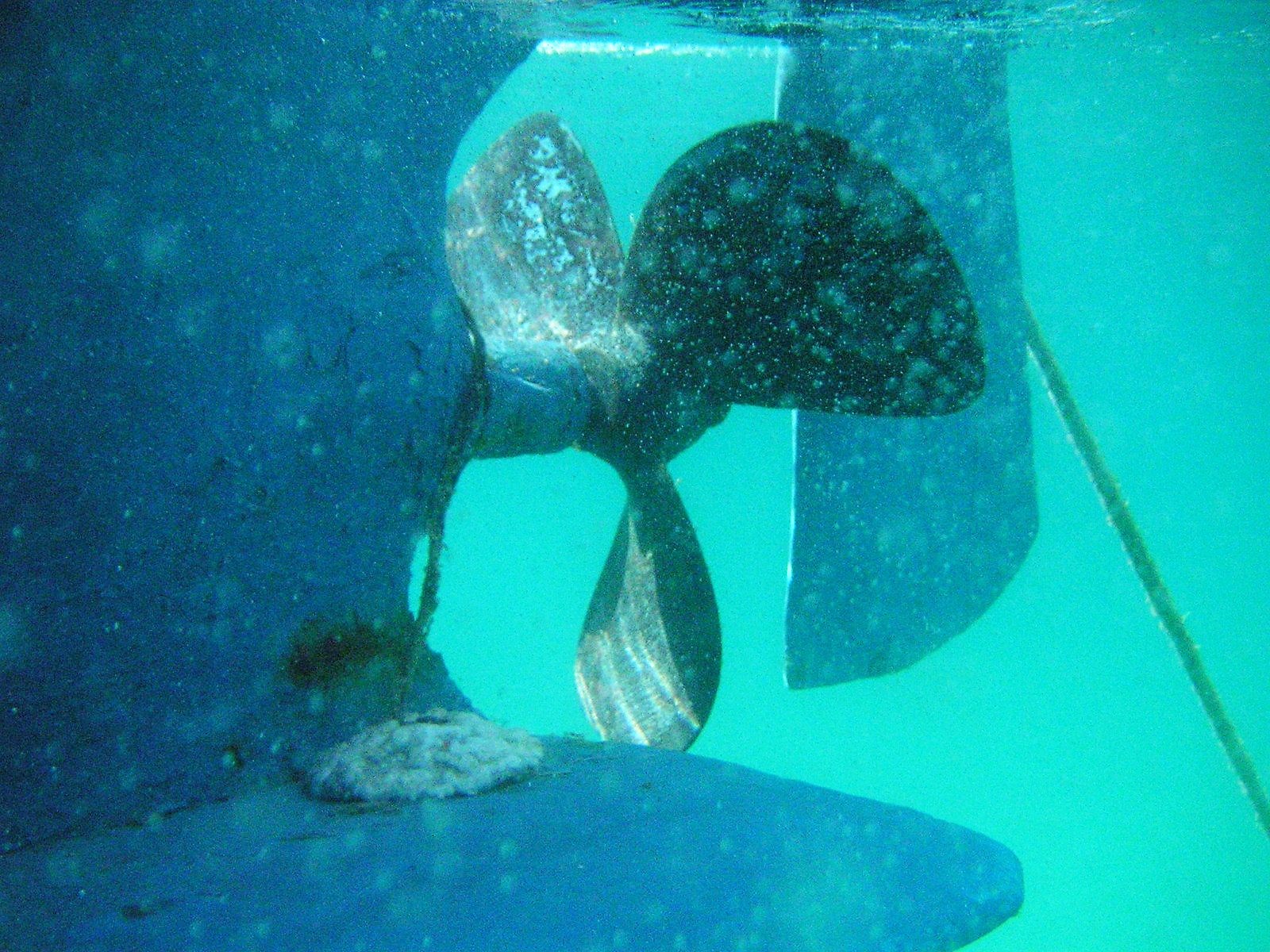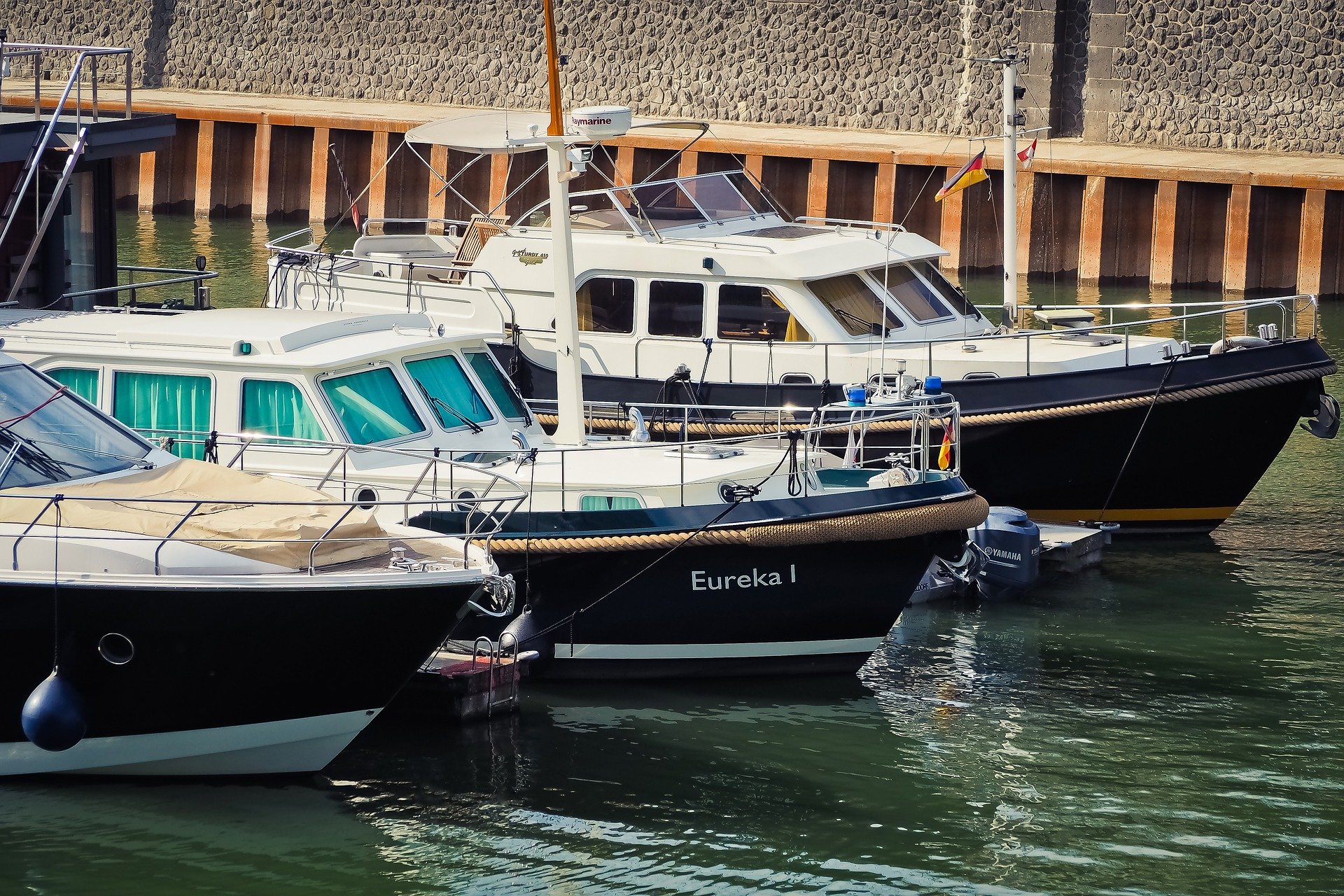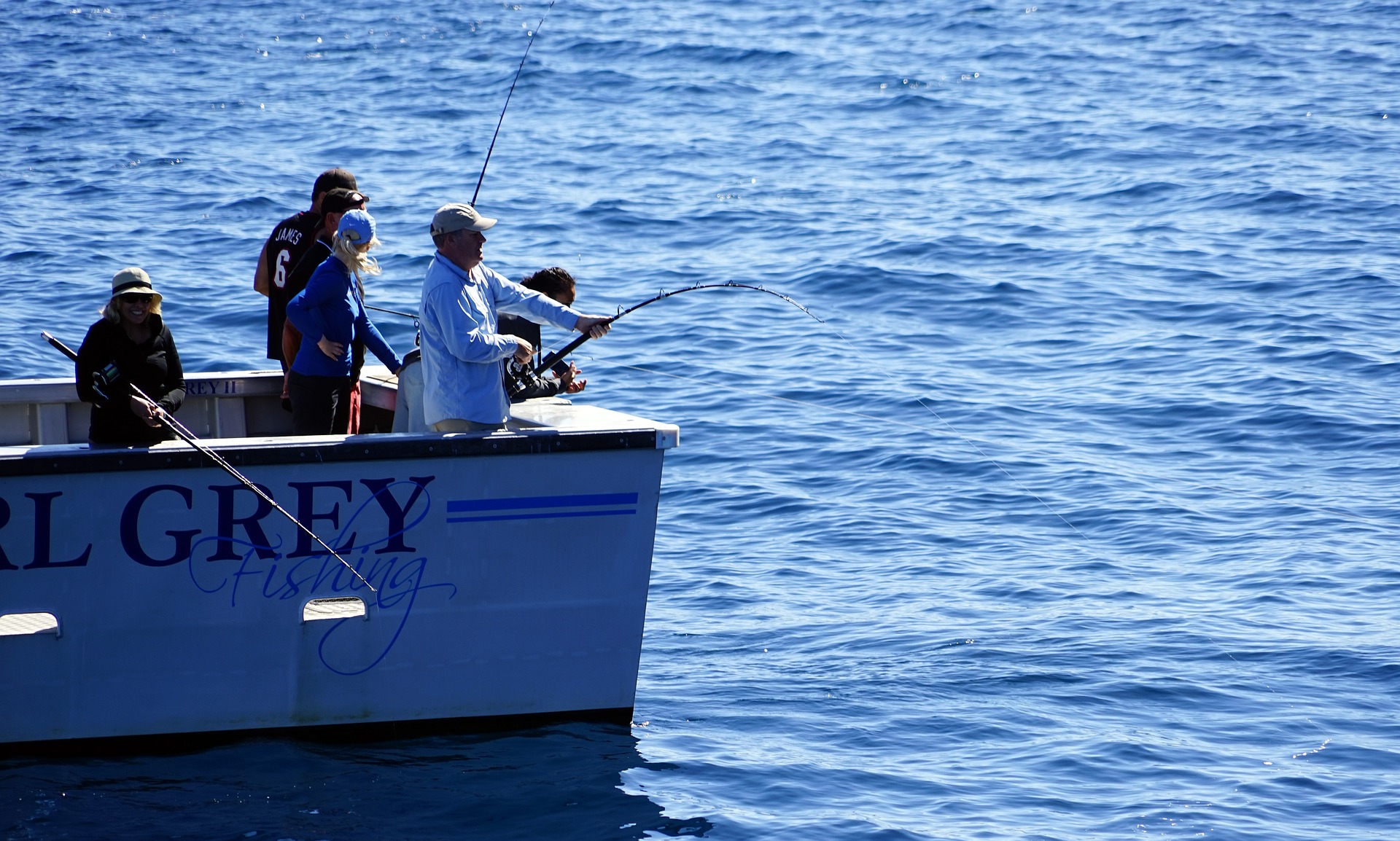
Are you fond of fishing and consider yourself an angler? Well, have you tried deep sea fishing? If you’re not familiar with deep-sea fishing and want to know more about it, this article is for you.
WHAT IS DEEP SEA FISHING?
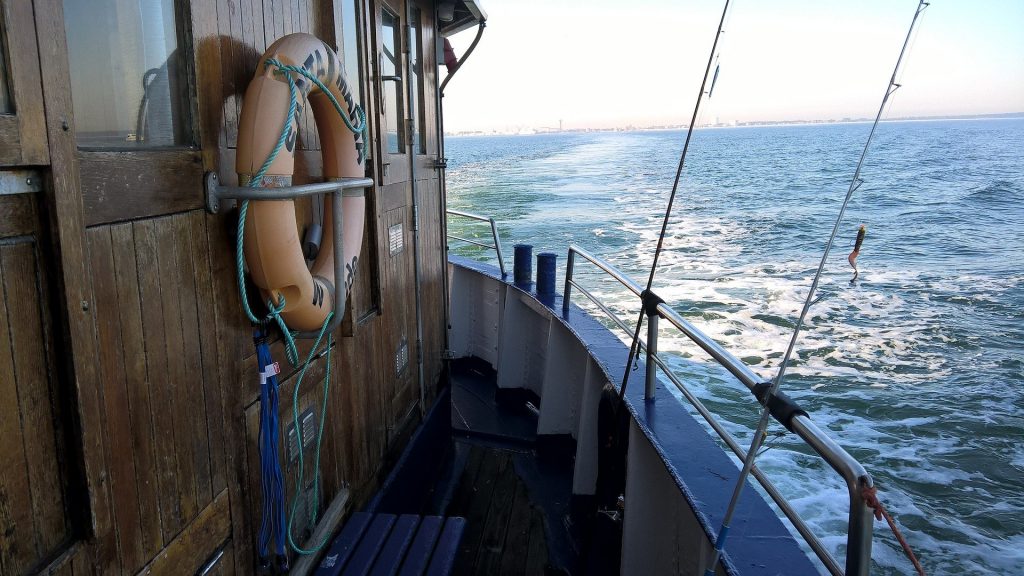
For starters, deep-sea fishing is a type of fishing where you need to go into deep waters like the Atlantic ocean or in the Intracoastal waterway – a 3,000-mile inland waterway along the Atlantic and Gulf of Mexico coasts of the United States.
This type of fishing is also considered offshore/sport fishing or big game fishing.
How Far Out Is Considered Deep Sea Fishing?
For it to be considered deep sea fishing, you should be far from land (20-30 miles away from land) and the water depth should be 30 meters deep.
DEEP SEA FISHING REGULATIONS
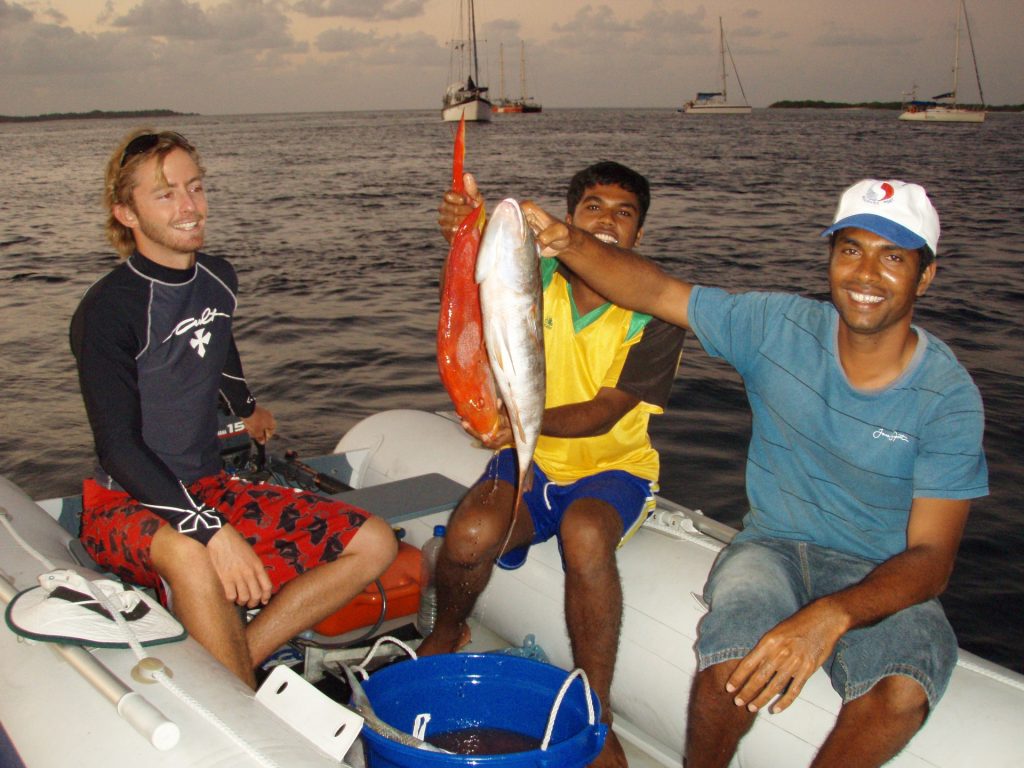
Even though deep-sea fishing requires you to travel far from land, it still has rules and regulations on what fishes you can keep and catch to conserve the fish population.
Federal and state governments have implemented rules that are enforced by the Coast Guards to protect marine life. Some rules may vary but it’s better to familiarize yourself with all the rules before going on your trip. Some of these include:
- The maximum bag limit you can keep per person (usually five fish in any combination of species)
- Length and weight per species (usually 14 inches total length)
- Which fishes are in season
- Required gear for catching specific species
- Which fishes are protected by law
What kind of fish do you catch deep sea fishing?
Usually, you can catch rare fishes but the most common are; tunas, kingfishes, sailfishes, amberjacks, marlin, mahi-mahi, etc. You can use mullet, squid, ballyhoo, octopus, and other small fishes as natural baits and lures to catch them.
| Bay Fishing | Deep sea Fishing |
| -Redfish -Black Drum -Trout -Sheepshead -Catfish -Flounder | -Grouper -Snapper -Triggerfish -Amberjack -Cobia -Mackerel |
8 DEEP SEA FISHING TIPS FOR BEGINNERS
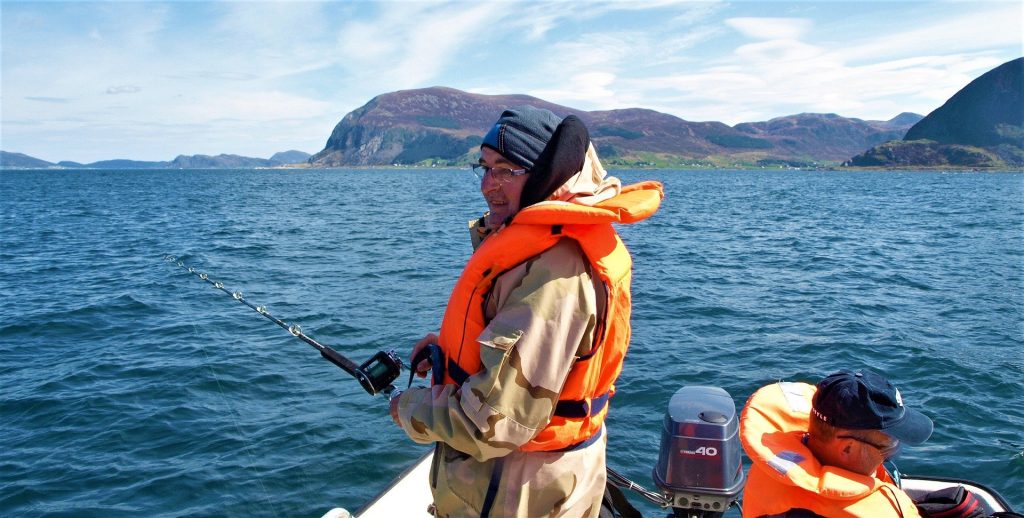
Tip #1 – Be patient
When it comes to deep-sea fishing, patience is a virtue. You need to wait for the perfect timing and find the right spot for fishing. Before reaching your fishing spot, you need to wait hours of travel from shore. And that’s just the start, you also need to wait hours to catch your winning fish.
Tip #2 – Check the weather
Of course, just like any other fishing activity, you need to check the weather before sailing on the ocean. Your safety should be your priority, especially if you’re traveling to the Intracoastal Waterway.
Tip #3 – Research charter options
If you’re a beginner, it’s recommended that you search for fishing charters who can accommodate you on your deep sea fishing journey. Having company while doing this activity is a great opportunity for you to learn new stuff and make new fishing buddies.
Tip #4 – Bring your food and drinks
As mentioned earlier, deep sea fishing will be a long journey, it can take you 2-3 hours of travel. Since you’ll be out on the ocean for hours so better bring your snacks and drinks to prevent dehydration. An empty stomach will not help you focus on your fishing, make sure that you are physically and mentally ready.
Tip #5 – Select Experts
Having professionals or experts on board is a huge help for your trip. Deep-sea fishing can be dangerous, especially if you’re new to this fishing style. Having an expert who understands the rules and ways of deep sea fishing can make your trip easier and safer.
Tip #6 – Watch the Signs
Since you’re out in the ocean and have no idea what’s underneath, you should watch the signs to know where the fishes are. For example, seeing birds like seagulls is a good sign that there are fishes below the surface of the water. Floating wood or debris can also serve as a hiding spot for large fish in the area.
Tip #7 – Wear Proper Clothing and Footwear
Keep in mind that you’ll be surrounded by water all day. It’s better to wear your foul weather gear or clothes like rain suits, hooded fishing jackets, gloves, glasses, and boots for protection. Make it certain that these gear will fit perfectly so you can still be comfortable while wearing them.
Tip #8 – Enjoy Your Trip
Lastly, make your trip memorable and enjoyable. Though catching your winning fish can give you pressure, remember to relax and appreciate the views. This is a rare experience so live for the moment.
CONCLUSION
Deep-sea fishing can be dangerous if you’re not prepared for it. Before planning this kind of activity, make sure that you have the proper knowledge, skills, and gear to ensure your safety.
Have you experienced deep-sea fishing? Share us your most memorable trip and comment below.
